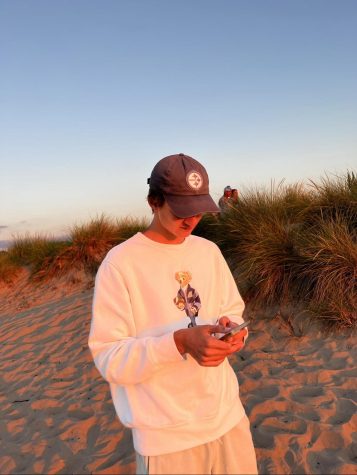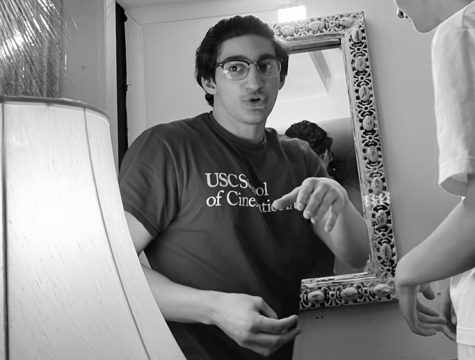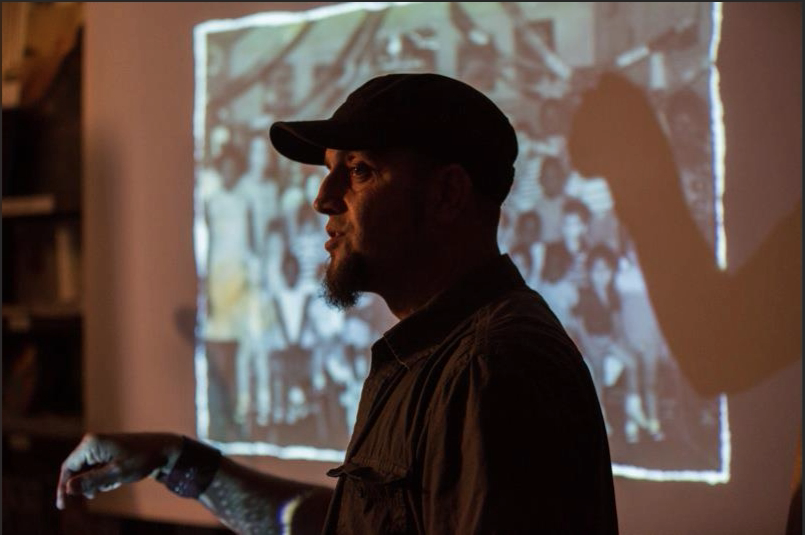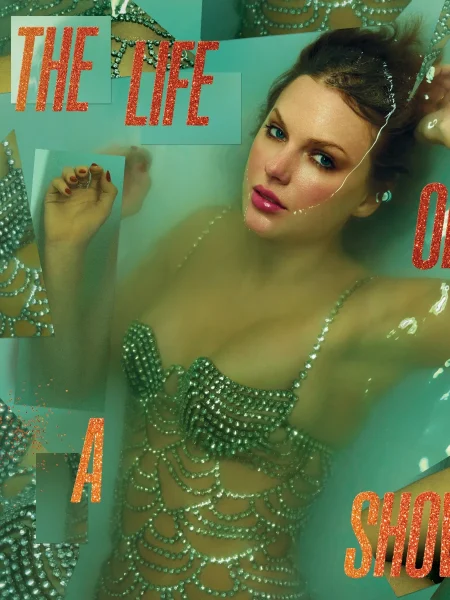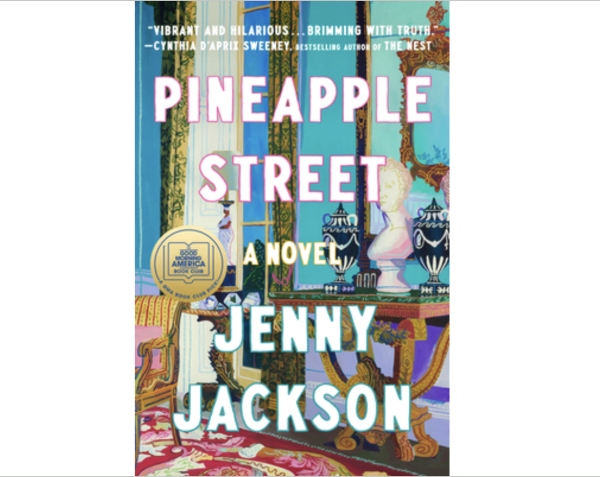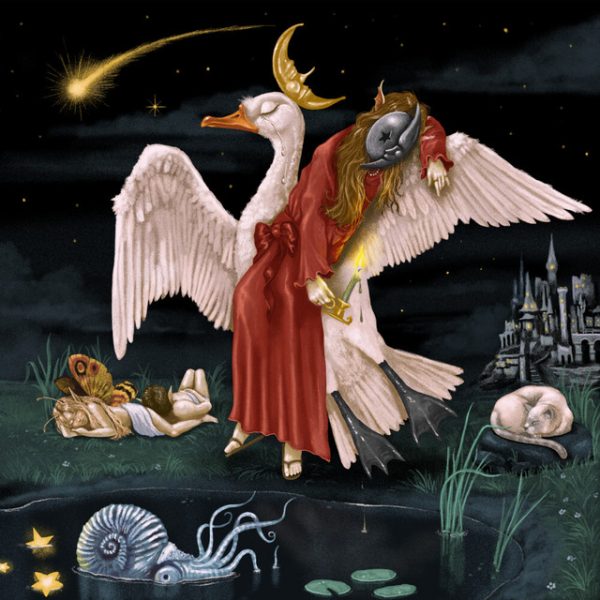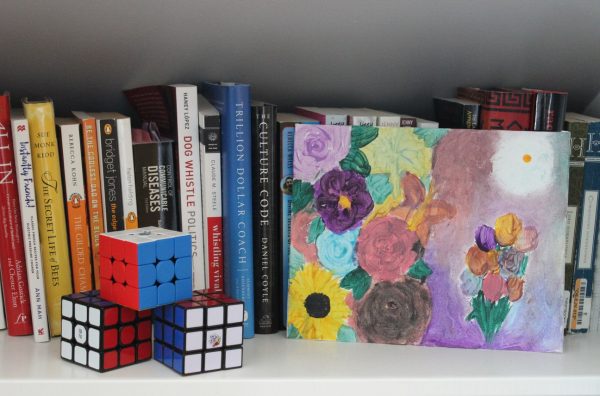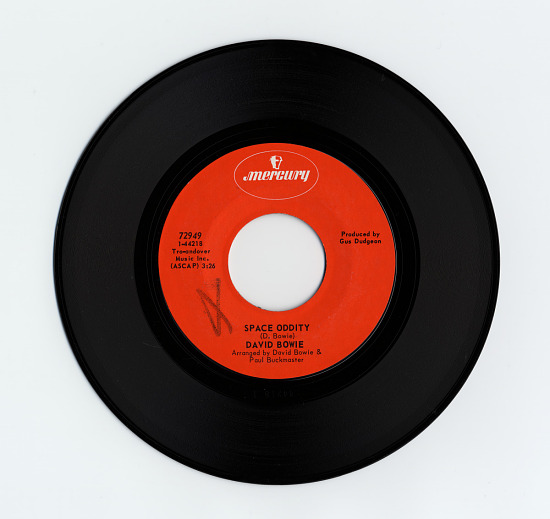The Ghost in the Machine
Roger Kupelian explores narrative and advancements in technology through his experience in the film industry.
Roger Kupelian presents his work on his graphic novel “East of Byzantium” at a local high school. The novel was published in 2011 and is the first installment in a series.
From the surface of Mars to the Mountains of Mordor; from the volcanic inferno of Mt. Doom to World War Two’s Iwo Jima, Roger Kupelian has been integral in creating worlds for a variety of film, commercial, video game and streaming TV projects. Kupelian has been working in the indie film business since 1992, and the Digital Effects industry since 1997’s “Space Jam.” Kupelian currently freelances within the Hollywood VFX industry in a number of upcoming high-profile projects, while continuing in his personal creative endeavors and unique projects, including his own East of Byzantium Graphic Novel series.
Q: You’ve been working in the industry for quite some time. From your perspective, do you think the industry has changed since the beginning of your career? How do you think the industry has progressed and where do you think it will be going?
A: Well, it’s always changing. The push has been towards more automation, almost from the very beginning. If they could have automated everything at the offset and just had
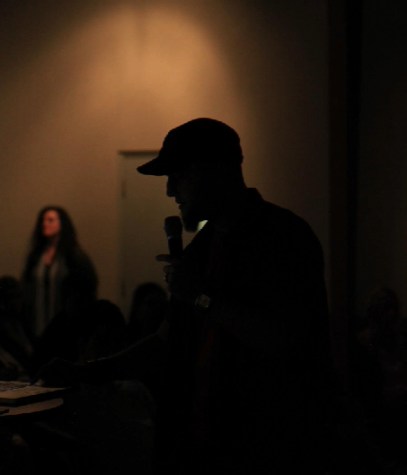
live actors and everything else automated, they would have done it. I came in at a time when digital media was on the rise with projects such as “Space Jam,” which was the first digital project that I worked on. Before that, I would work on set, do storyboards for different projects and work as an embedded journalist. I thought my career was going to take a completely different direction. I ended up getting the lucky break, working at Cinesite, which is in Hollywood and is the visual effects house that was working on “Space Jam” at the time. So to answer your question, I came in at a time when there was a [digital] revolution. In the middle of the 1990s, you had films like “Space Jam,” “Contact,” “Starship Troopers” and eventually “Titanic.” All of these films pushed the boundary of visual effects in a way that hadn’t been pushed before in the sense that they had way more visual effect shots than the average film at the time. Now we’ve got unreal artificial intelligence, and it’s scary because a lot of people are going to lose their jobs. You could argue that that is what happened when digital tools came along and put a bunch of people out of work, people who could simply not adapt. Now, we’re sitting here, watching Netflix and we have no idea what was produced by humans and what was produced by artificial intelligence. Somewhere in there is the category of artists known as me and my friends. A lot of the younger concept artists are worried because AI can just generate all of these different conceptual pieces that look phenomenal. It’s fantastic and scary at the same time. But I came in during a revolution so can I complain? That’s the reason I’m here. If I didn’t come in at that time, if I came in as a storyboard artist who works in a workshop making miniatures for stop motion, I probably would still be someone’s apprentice right now. This progression allowed me to jump along with a lot of my generation. We took that extra step.
Q: There’s this interesting dichotomy of the creative human aspect and the rise in automation and technological aspects. Do you think, with this rise in technology, the creative process and that human side could be affected? Or do you think that there will always be this divide?
A: You intuitively, as a fellow human being, will notice the emptiness of something that a machine is spitting out. If it’s a human using a machine, that’s different, you can see the effect of a human brain and I think that’s it: it’s about the ghost in the machine. Why do we love the stories we love? Why do we read Dostoevsky and other impactful storytellers? Why do we get drawn to these stories? What’s in there that pulls us as human beings? And is that going to be missing from a machine that’s imitating that? I don’t know if people are gonna be able to see the difference, I hope they will. But if we are not able to see that, that says a lot about human beings and where we’re going and that’s really scary. At what point does reality stop being reality? At what point do you walk out that door and you go “Am I really walking out the door? Is this part of the VR thing that I’m wearing? Wait a minute, am I even wearing a headset? What’s going on?” Are you going to think about the fact that maybe it’s not even a headset? Maybe it’s just something you plug into your head. At what point are people going to wake up? Or are we just going to go to sleep forever. Being sucked into that black hole, not even knowing that’s happening. Is this conversation really even our conversation? Are we really here or is this some script somebody wrote, a long time ago, some ancient civilization and we’re just acting it out?
Q: With the idea you touched on about AI and how the VR experiences are similar to reality, do you think humans are going to go along with it or will there be a revolt? What do you think the future is in relation to that?
A: Again, we’re going back to these fundamental questions of what the human soul truly is. Whatever it is, whatever you believe it is, you believe there’s a value to it. Whether it’s just the abstract consciousness that we have, it’s the fact that we can even talk about consciousness. We’re aware we’re aware. Is the machine aware? Are human beings trying to escape? Are we trying to escape our own misery by creating these things hoping that somehow they’ll save us? Why do we even make movies? It’s all make believe to talk about a story that’s important to us. We explore meaning that takes us out of our present environment so that we escape for two and a half hours. Look at the experience of playing a video game versus going to see a film. A film is a story. It’s an effort of thousands of people. Someone had to build the car that took you to see that film. We can go down the list of the thousands of people responsible for you watching it. When you’re playing a video game, you’re sitting in your bedroom in your shorts, playing with people around the world, you don’t even know who these people are that you’re playing against. It’s at that point where you’re determining the story yourself, but is it even really a story? It’s just one experience after another. You interact, but at that point you’re all in a make believe playground telling the story together. Someone was sitting there and saying: here’s the box you guys play in and here’s the creatures. Now you guys go ahead and decide what your dice rolls are. You work together.
